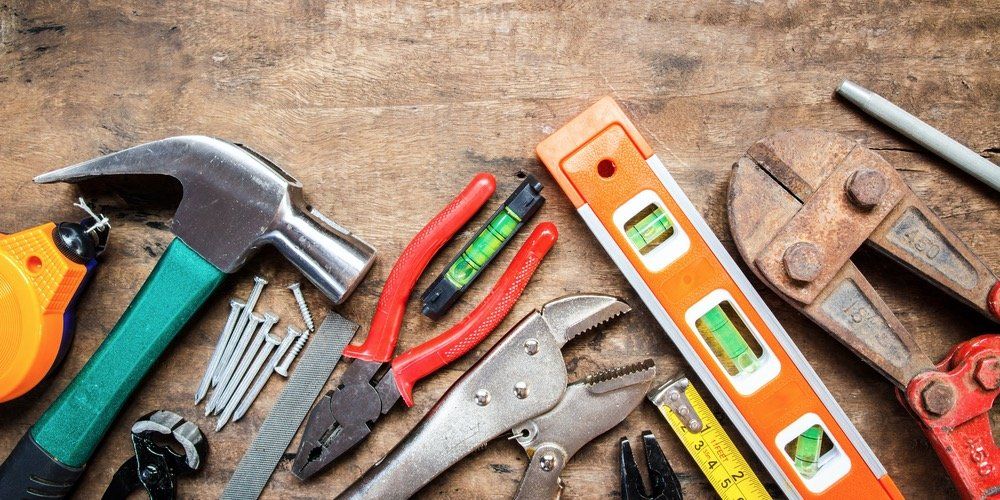“DIY” Renovations, 3 Considerations
If you’re a homeowner, the day will come (if it hasn’t already) when you’ll be faced with decisions surrounding home repairs, renovations and upgrades. Why? Because at various points in the life of your house, structural issues will need to be addressed; additionally, your tastes will become more refined and popular decor trends will shift and transform.
… Lots of good reasons to get work done.
But out of the shadows of these potential changes, the following question will inevitably arise, “Do I attempt it myself?” In an age of YouTube and Pinterest, more people than ever are strapping on the tool belt, and looking to handle their own home renovations and repairs; this in lieu of hiring a professional tradesman, contractor or handyman.
Certainly there are potential pros and cons to walking both roads, and as is the case with many things, the answer to this question isn’t black and white, but rather a shade of grey. The following are three things to think about as you consider who will handle your future home renovation(s):
Cost
Obviously, money will be a factor in any decision you make. Most often, the simple truth will be as follows: it will be much more cost effective for you to buy the raw materials and handle things yourself, provided you have the skills necessary to pull it off. On the other hand, if your income can reasonably handle the strain of paying a professional, consider the time and effort that it will take for you to finish that which needs to be done, even if you do feel as though you’re qualified.
Very simply: the cost-to-time ratio has to make sense. If it doesn’t, you may be walking down the wrong road. Although you will no doubt save money by doing the renos yourself, poor-quality work carries a different type of cost.
Quality
Related to the cost of the renovation is the quality of the renovation. Certainly many of us have the ability to swing a hammer. However, in a world where repairs and renovation work must be done well, ask yourself the question, “Is my ‘DIY’ dream taking away from the resale value of my home?”
Will people inspect your work and find it lacking? Will the finished product be a point of pride, or a sore spot? Answering these questions will help you discover how to proceed.
Urgency
Finally, let’s talk about urgency. Does the renovation need to happen quickly? Will the time frame hinder you in terms of gaining the skills necessary to do a good job, and in good time? If this is the case, and the funds are available, consider calling someone who has experience in completing these tasks. Do this rather than risk the farm by jumping into something for which you’re not adequately prepared.
Again: cost, quality and urgency; all things to think about as you consider how to proceed with your home renovations. Remember, there are no wrong answers (necessarily); only misinformed answers. Do the research, ask around, take the time to prepare, and you’ll walk the right renovation road!
In any case, if you would like to look at financing your next renovation project by accessing the equity you have built up in your home, we should talk! Interest rates are at an all time low, and a refinance might make sense for you!
This article originally appeared in the June 2016 Dominion Lending Centres Newsletter.
Katherine Martin
Origin Mortgages
Phone: 1-604-454-0843
Email: kmartin@planmymortgage.ca
Fax: 1-604-454-0842
RECENT POSTS






